Inhaltsverzeichnis
CBD against anxiety
Cannabidiol (CBD) is a chemical compound extracted from the cannabis plant. Unlike tetrahydrocannabinol (THC), which has psychoactive effects and causes the "high" associated with marijuana, CBD does not have an intoxicating effect.
In recent years, CBD oil has become increasingly popular in the treatment of anxiety disorders. The natural remedy from the hemp plant has been proven to help relieve anxiety and panic attacks. Various studies and a growing number of user reports show positive experiences with the use of CBD against anxiety and panic. But how exactly does CBD work? And what scientific evidence is there for its effectiveness?
What are anxiety disorders?
Fear is a normal and basic emotion that is one of the seven universal human emotions - along with disgust, joy, sadness, surprise, contempt and anger. Fear is healthy in moderation and necessary for human survival, as it acts as an alarm system in everyday life to warn of potential dangers. For example, the perception of fire or an encounter with a dangerous animal triggers justified fear. This emotion activates one of the three typical reactions: fight , flight or freeze .
Anxiety only becomes problematic when it occurs in non-threatening situations and becomes a constant companion. Such excessive fears significantly impair the quality of life and lead to an anxiety disorder . People who suffer from an anxiety disorder often have an increased biological vulnerability or an imbalance of neurotransmitters such as serotonin and noradrenaline.
Fear vs. Phobia: An Important Difference
It is important to distinguish between fear and phobia . While the trigger for anxiety is often unclear and wide-ranging, a phobia is a specific fear of certain objects or situations, such as fear of spiders or crowds. Both conditions can lead to panic attacks , which are accompanied by intense physical symptoms such as rapid heartbeat and shortness of breath.
The most common anxiety disorders include:
- Generalized anxiety disorder (GAD): Constant and excessive worry about everyday issues such as work, health, and finances.
- Panic disorder: Sudden, intense panic attacks with symptoms such as rapid heartbeat, tremors, and shortness of breath.
- Social anxiety disorder (SAD): Severe fear of social situations in which those affected fear being negatively judged or embarrassed.
- Specific phobias: Intense, irrational fears of specific objects or situations, such as fear of heights or fear of needles.
- Agoraphobia: Fear of places or situations where escape would be difficult or embarrassing, such as public places or crowds.
- Obsessive-compulsive disorder (OCD): Characterized by obsessive thoughts or compulsive behaviors designed to reduce anxiety.
- Post-traumatic stress disorder (PTSD): Anxiety that occurs after a traumatic experience, such as an accident or physical assault.
- These conditions can severely impact daily life and often require treatment through therapy, medication, or alternative healing methods such as CBD.
How does CBD work in the body?
To understand how CBD can potentially relieve anxiety, it's important to understand the endocannabinoid system (ECS). The ECS is a complex biological system that plays an important role in regulating moods, sleep, appetite, and pain perception.
CBD interacts with the CB1 and CB2 receptors in the ECS, which are found in the brain and nervous system. This interaction affects the release of neurotransmitters such as serotonin and dopamine, which play a key role in regulating mood and anxiety.
Serotonin and Anxiety
Serotonin is a neurotransmitter that affects mood and anxiety. Low serotonin levels are often associated with depression and anxiety disorders. Conventional medications such as selective serotonin reuptake inhibitors (SSRIs) increase serotonin levels in the brain and are often used to treat anxiety.
CBD may work in a similar way by affecting serotonin receptors in the brain. A study published in 2015 found that CBD can enhance the activity of the 5-HT1A serotonin receptor, potentially having anti-anxiety effects.
Research: CBD and anxiety
Research on CBD and anxiety is still relatively new, but there is already promising evidence that CBD may be an effective treatment option for various anxiety disorders. Let's look at some of the most important studies:
animal studies
Animal studies have shown that CBD may be effective in reducing anxiety in stressful situations. In a 2012 study of rats treated with a model of social anxiety, CBD significantly reduced symptoms of anxiety. These results suggest that CBD may have a role in treating social anxiety and other forms of anxiety.
Clinical trials on humans
While many animal studies show positive results, evidence from human studies is still limited. One of the most significant human studies was conducted in 2011 and showed that CBD reduced symptoms of social anxiety in people with SAD (social anxiety disorder). In this study, participants reported less feelings of anxiety in a simulated public speaking situation after taking CBD.
A study published in 2019 examined the effects of CBD in people with generalized anxiety disorder. Participants reported a significant reduction in their anxiety after taking CBD, suggesting that CBD may be useful in treating this disorder.
There is also some evidence that CBD may be helpful in treating post-traumatic stress disorder (PTSD). A small 2019 study found that patients with PTSD experienced a reduction in anxiety and sleep problems after taking CBD.
CBD against anxiety: application and dosage
One of the most common questions people have when considering CBD for anxiety is how much they should take and in what form. There are several different forms of CBD, and each has its own advantages and disadvantages.
CBD oil
CBD oil is the most common form of CBD and is taken sublingually (under the tongue). It works relatively quickly because the CBD passes through the mucous membranes of the mouth directly into the bloodstream. CBD oils are available in different concentrations and dosage can vary depending on individual needs.
capsules and tablets
CBD capsules and tablets offer a convenient way to consume CBD, especially for people who don't like the taste of CBD oil. However, they have the disadvantage of taking longer to take effect as they have to pass through the digestive tract first.
CBD vape
Vaping CBD is another quick way to get the cannabinoid into the body. However, there may be health concerns associated with vaping, and not everyone prefers this method.
food and gummy bears
CBD edibles, such as gummy bears or chocolate, are a delicious and discreet way to consume CBD. However, like capsules, they take longer to take effect because they must first be processed through the digestive system.
Dosage of CBD for Anxiety
There is no universal CBD dosage as the correct dose depends on many factors, including:
- The body weight
- The severity of the fear
- The individual tolerance to CBD
- The concentration of the product
A common starting dose for anxiety is around 10-25 mg of CBD per day. However, some people require higher doses to achieve the desired effects. It is recommended to start with a low dose and gradually increase until the optimal effect is achieved.
Is CBD safe?
Advantages of CBD over traditional medicines
CBD offers several advantages over conventional medications:
- Natural origin: CBD is a herbal remedy with no psychoactive side effects.
- Fewer side effects: Compared to medications such as benzodiazepines, CBD causes fewer side effects such as dependence or sedation.
- Long-term tolerability: Studies show that CBD is well tolerated in the long term and rarely leads to negative interactions.
side effects of CBD
In general, CBD is considered safe and well-tolerated. However, there are some potential side effects that may occur, including:
- dry mouth
- sleepiness
- dizziness
- Decreased appetite
Some people may be more sensitive to CBD and experience side effects at lower doses. It is also important to note that CBD can interact with certain medications, especially those that are metabolized by the liver, so it is important to consult a doctor before taking CBD if you are taking other medications.
Can CBD help with anxiety?
Research shows that CBD could be a promising natural treatment for anxiety. It interacts with the endocannabinoid system and affects neurotransmitters that play a key role in regulating anxiety and mood.
While studies to date are promising, more research is needed to fully understand the long-term safety and effectiveness of CBD in treating anxiety disorders. If you're considering trying CBD for anxiety, it's advisable to do so under the supervision of a doctor to find the best dosage and method of administration.


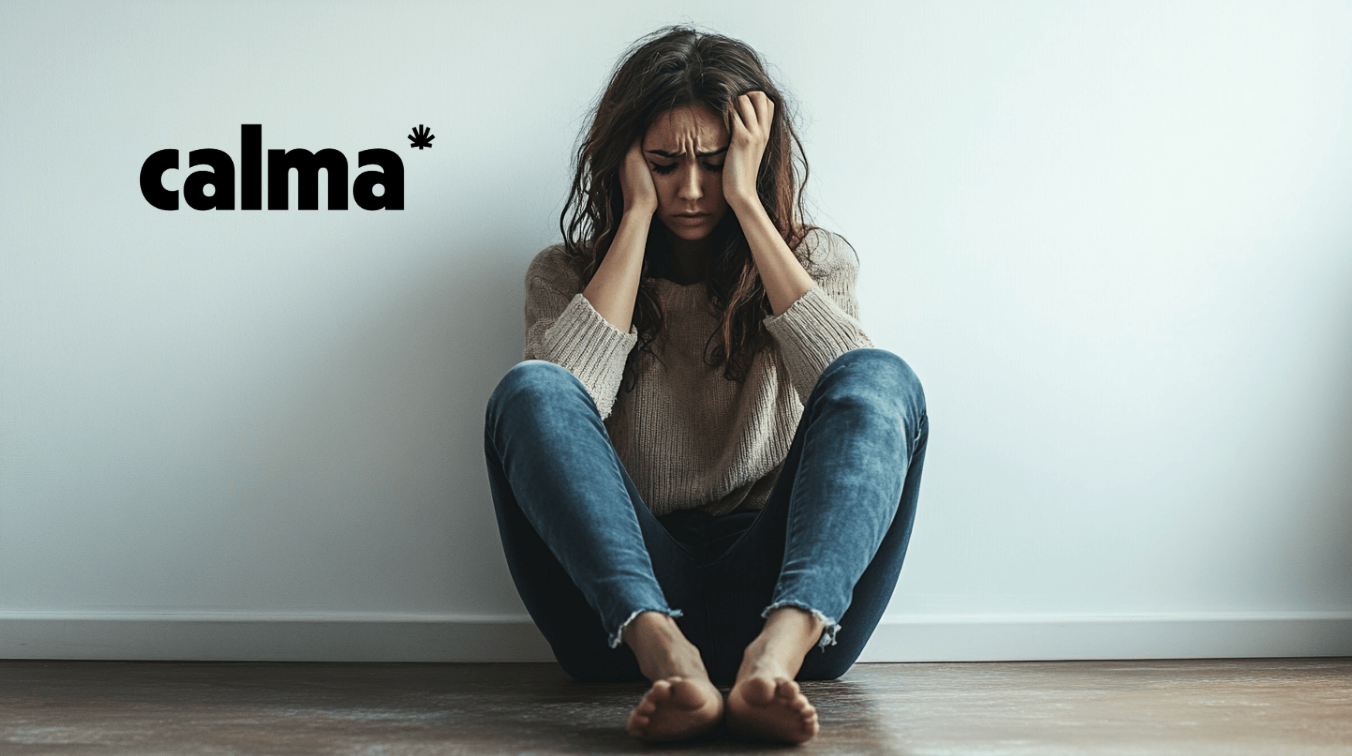
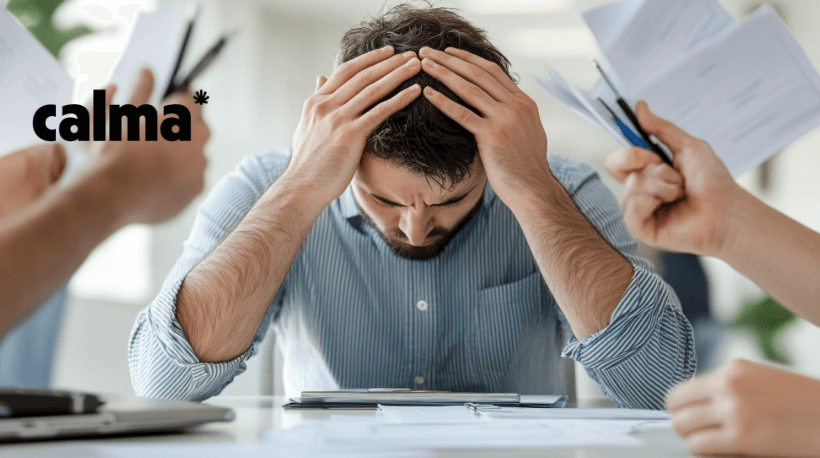
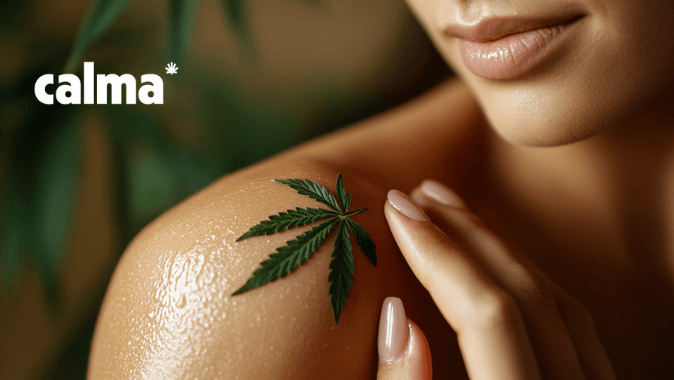

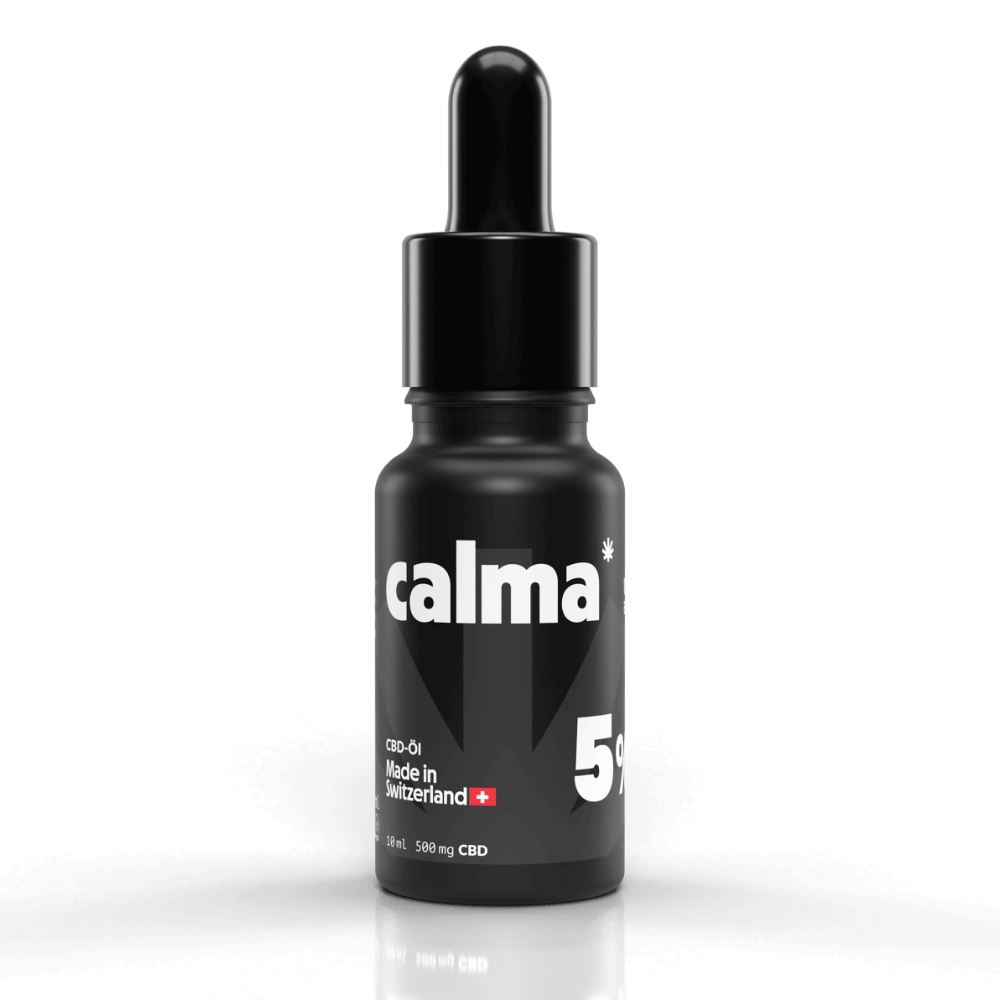
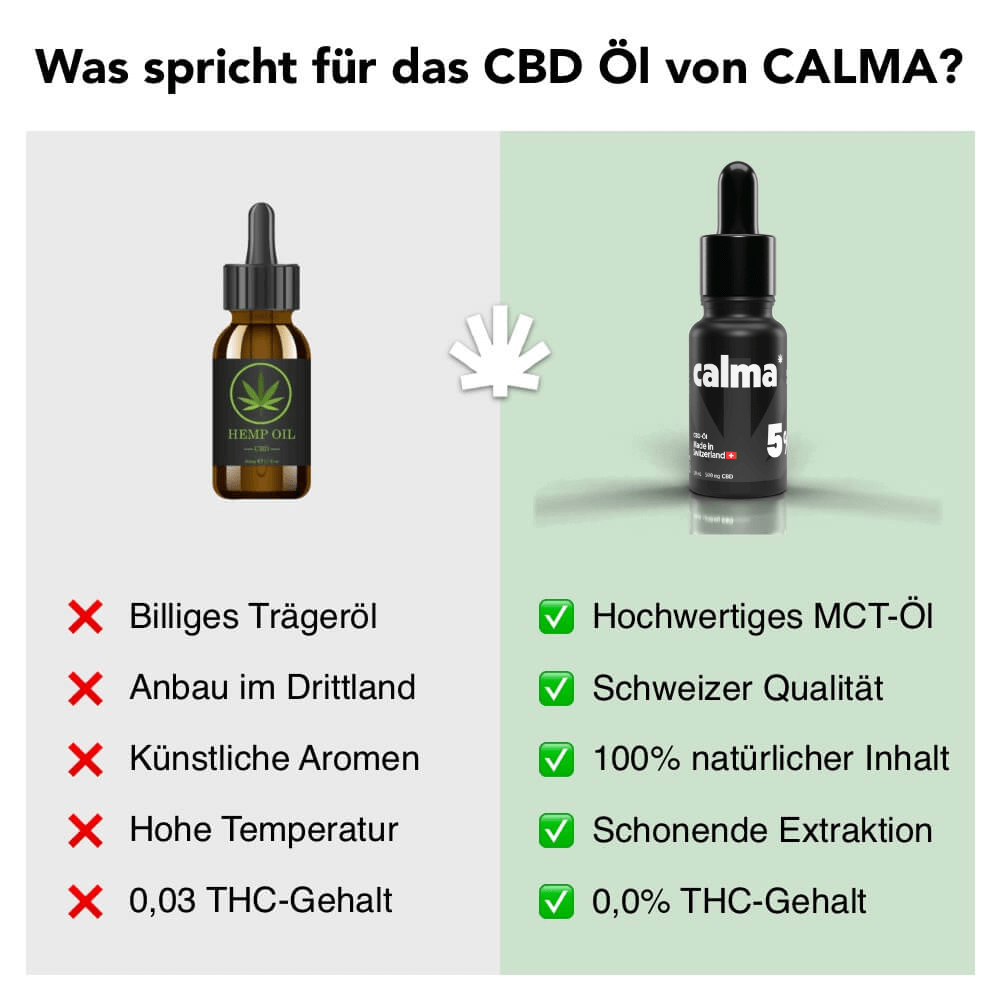
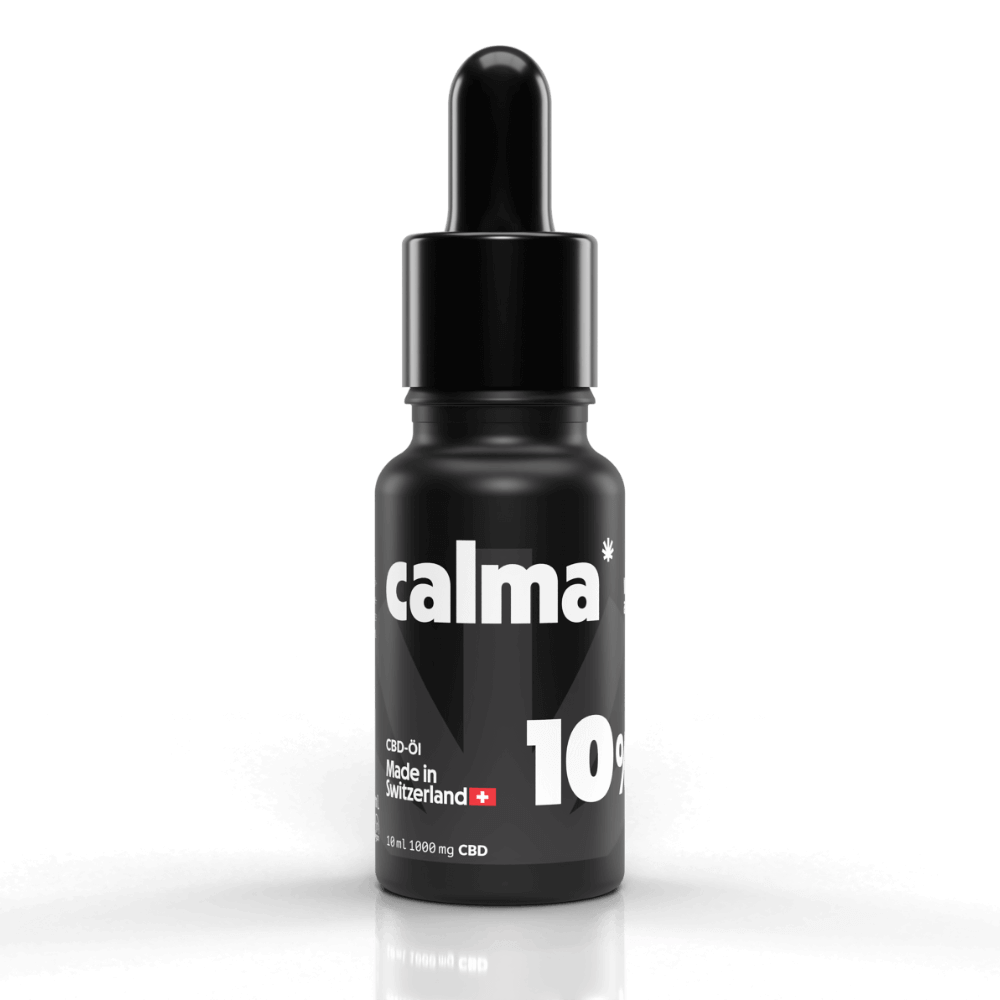
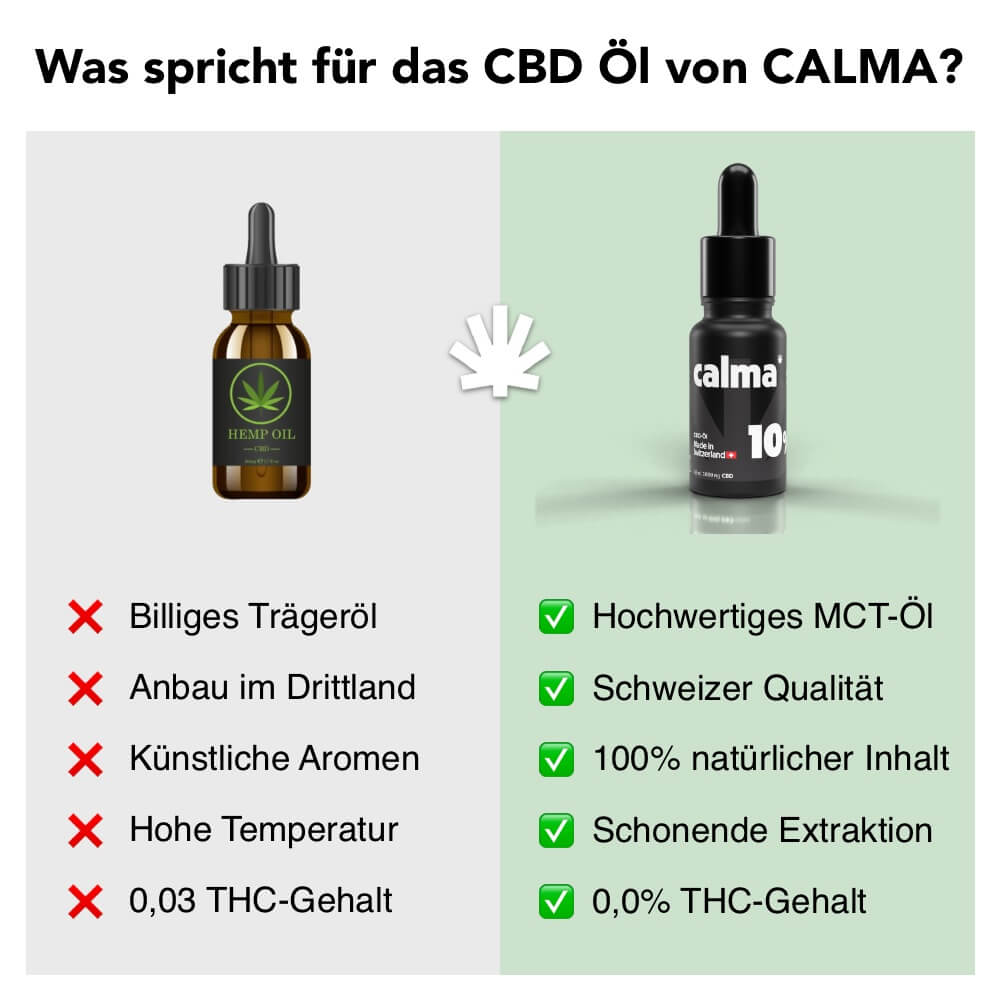
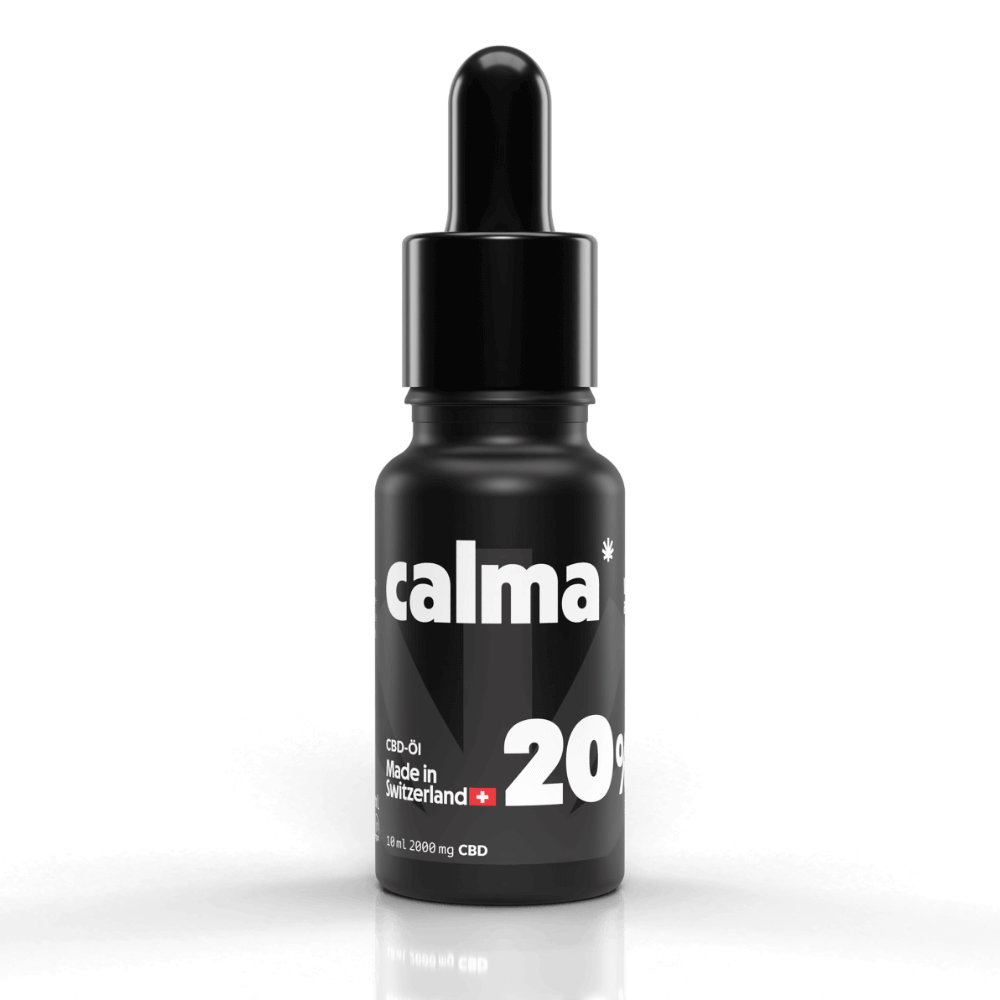
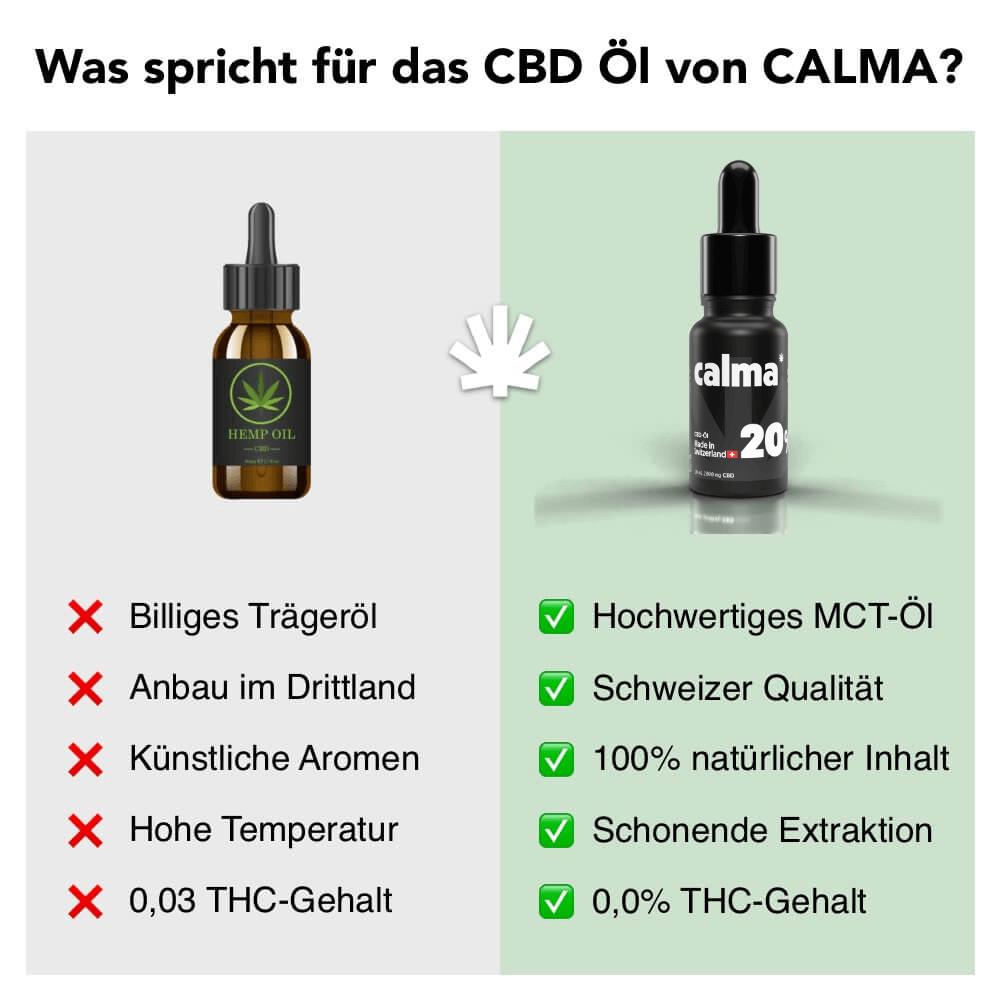
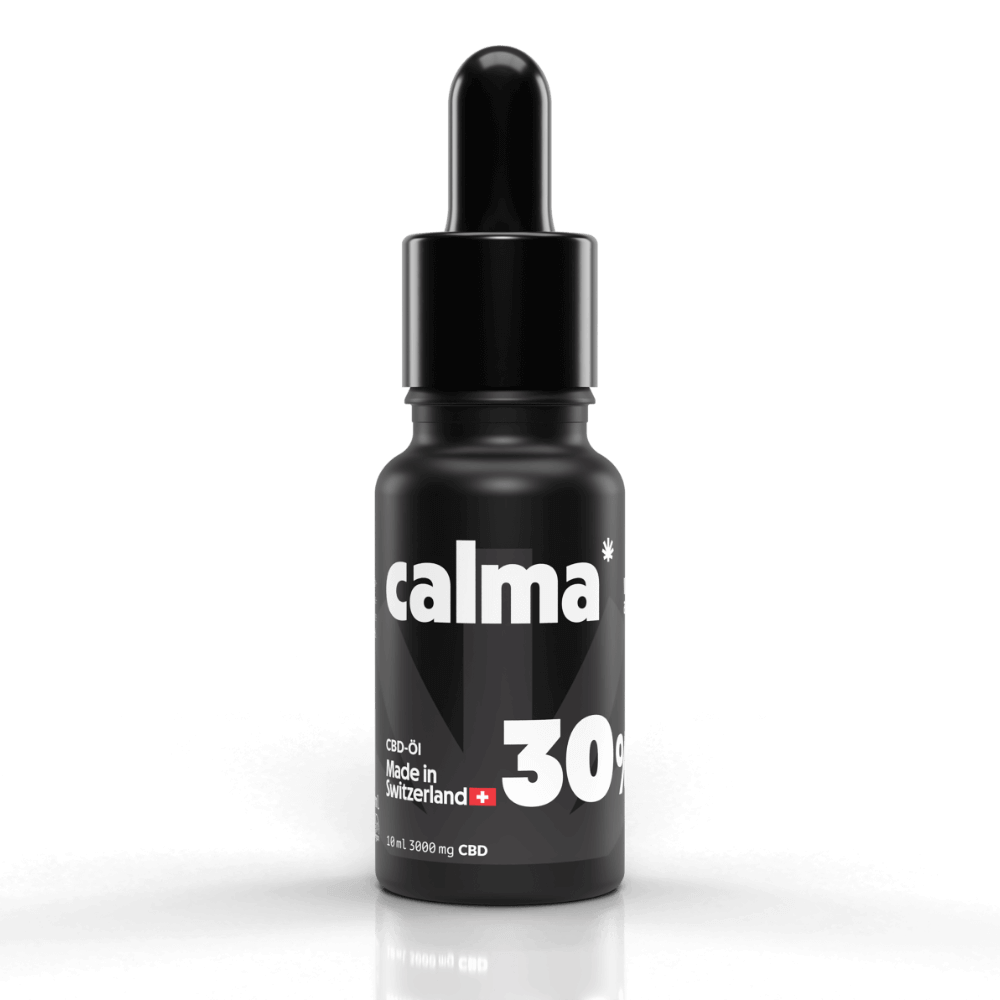
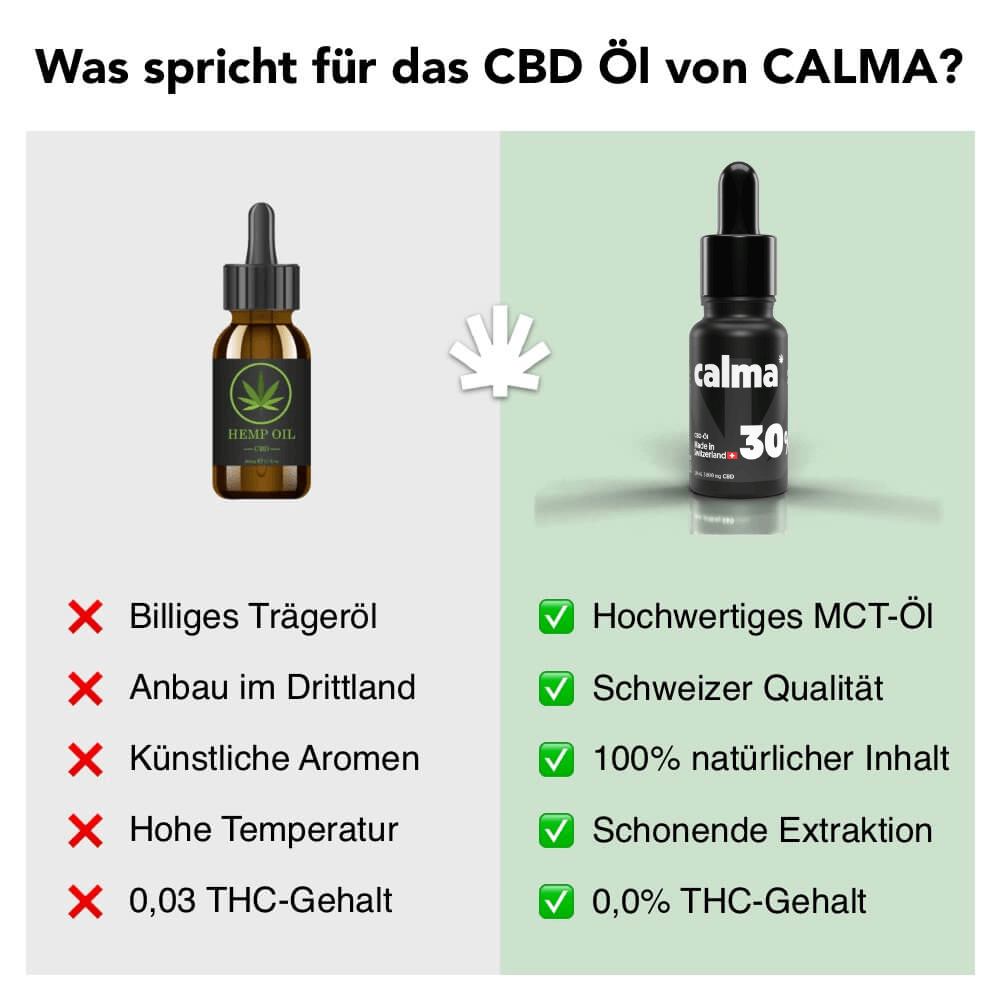
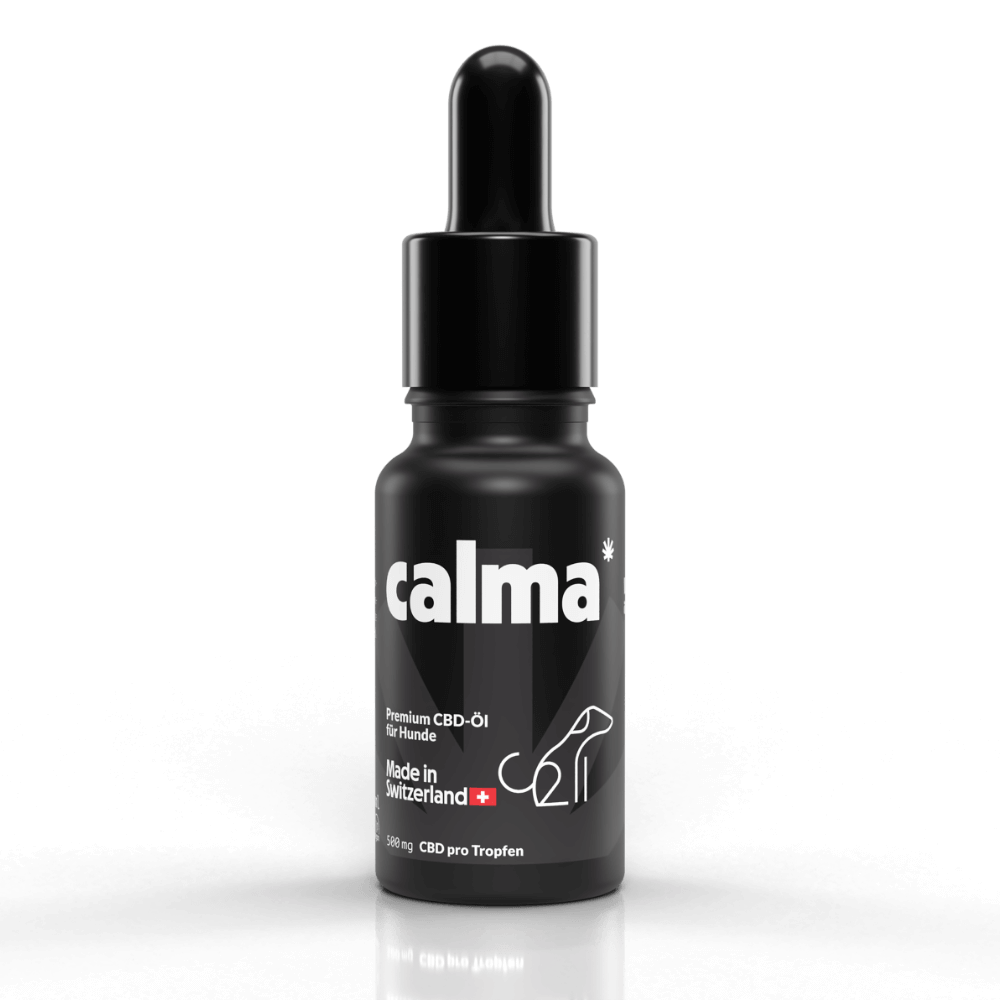
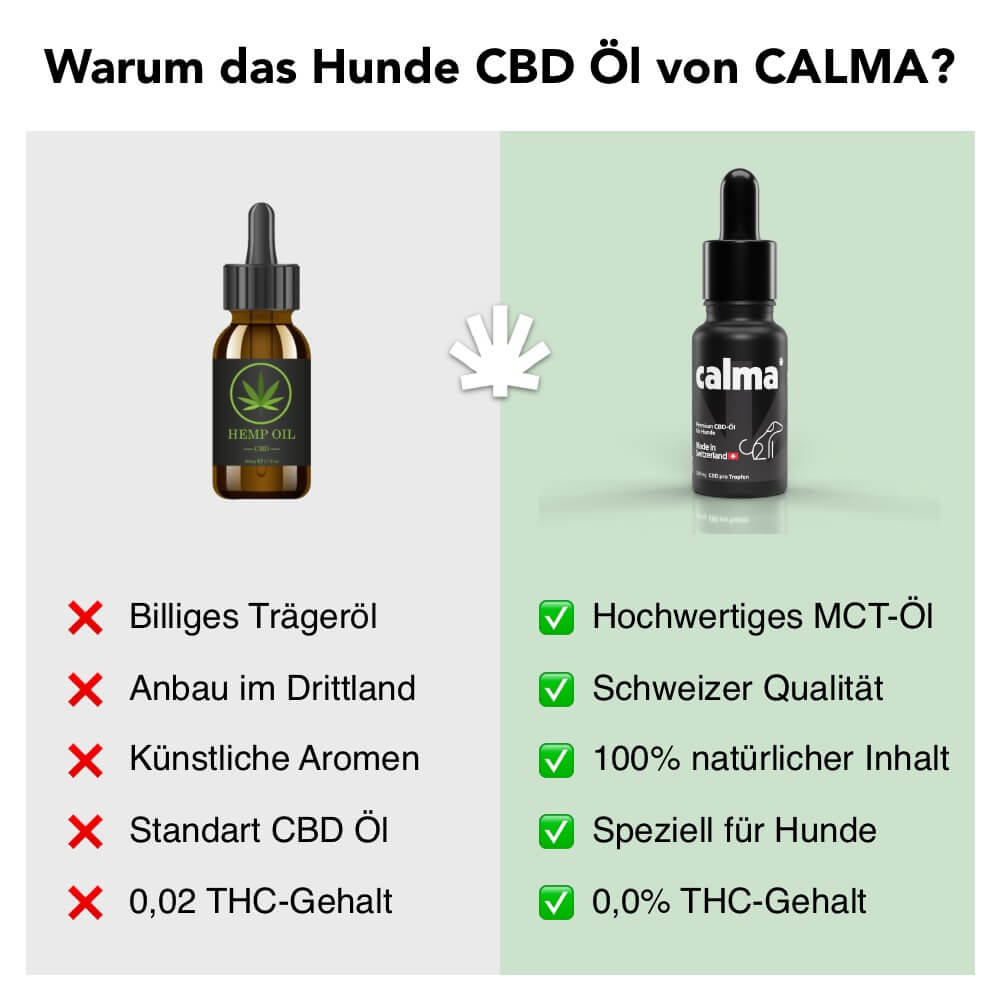
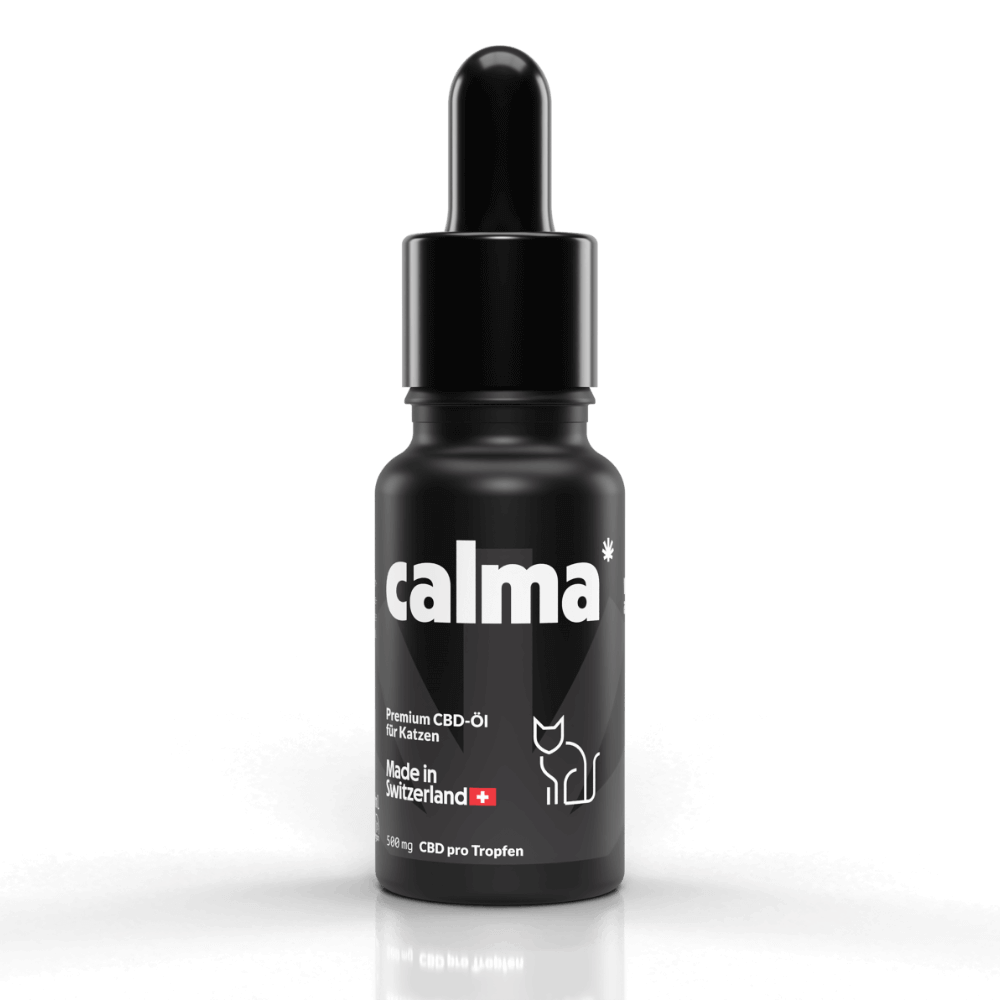
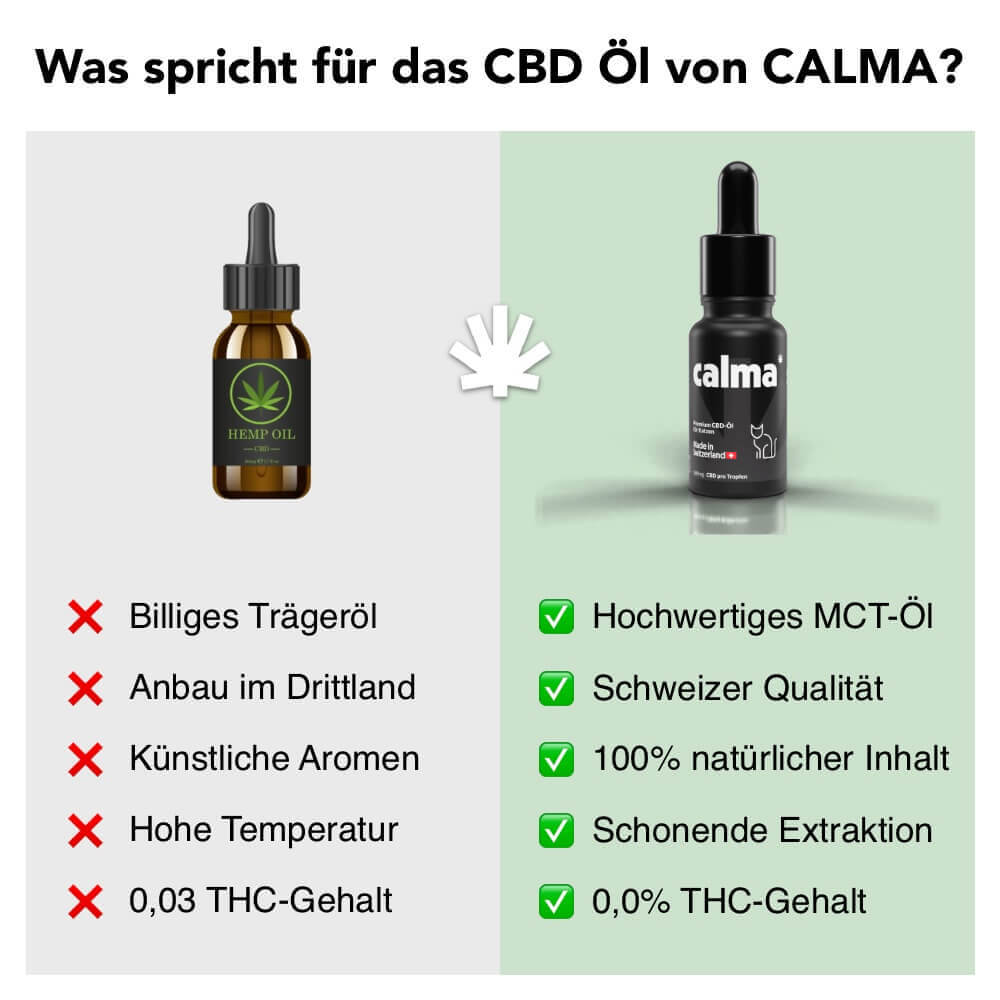
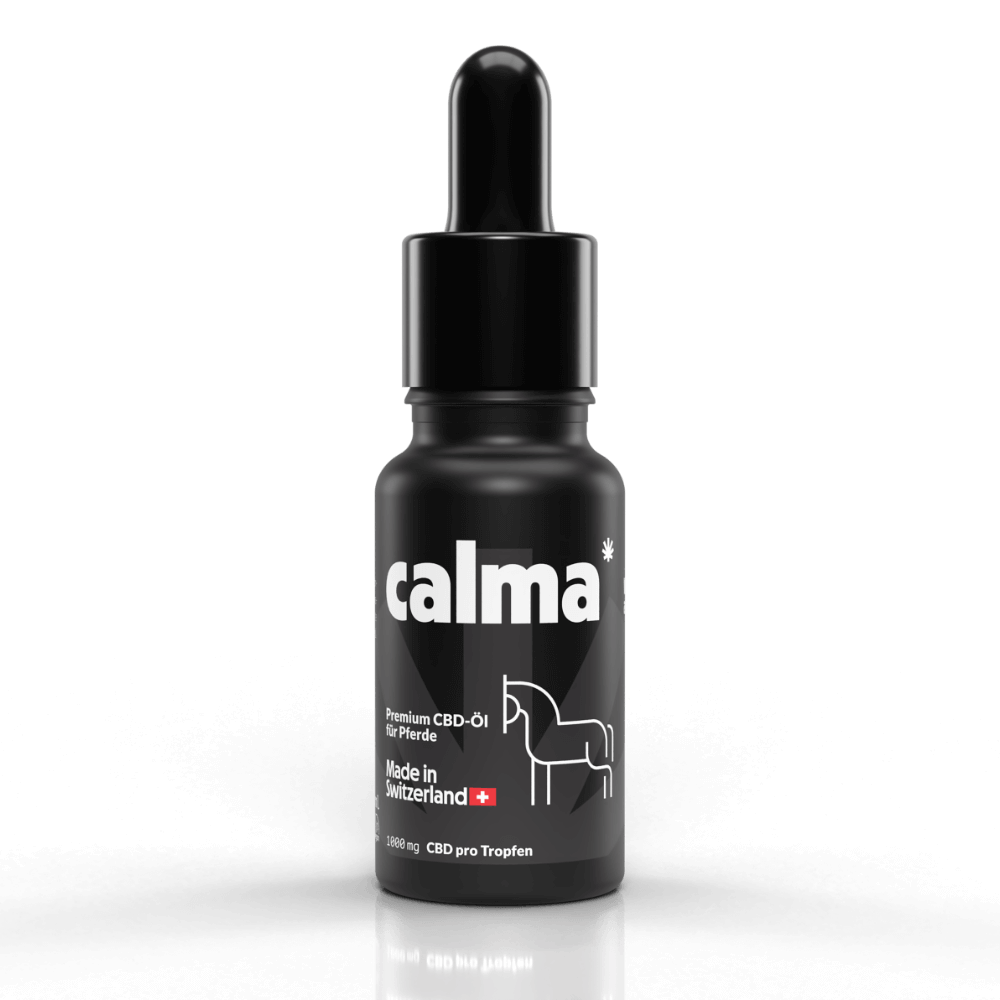
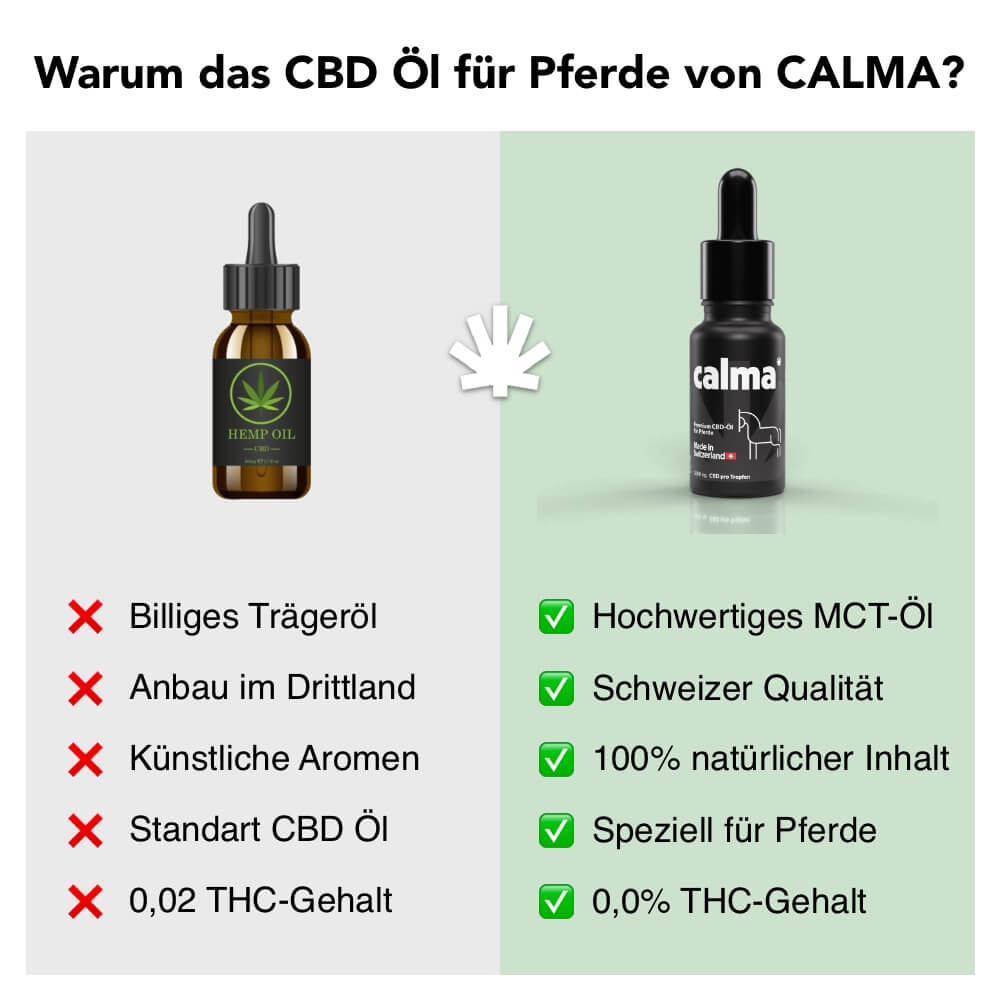
Leave a comment
All comments are moderated before being published.
This site is protected by hCaptcha and the hCaptcha Privacy Policy and Terms of Service apply.